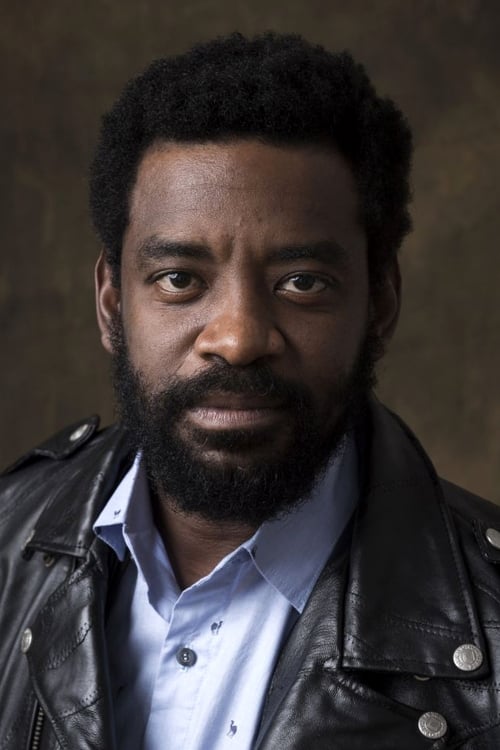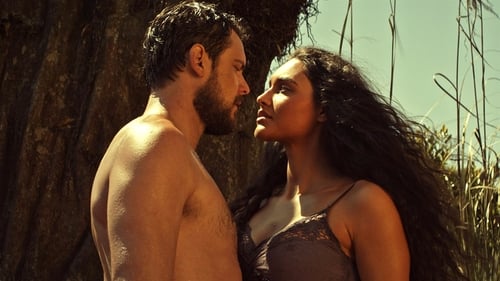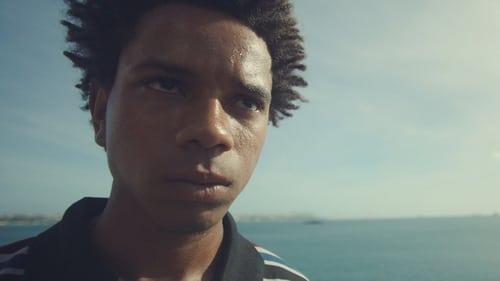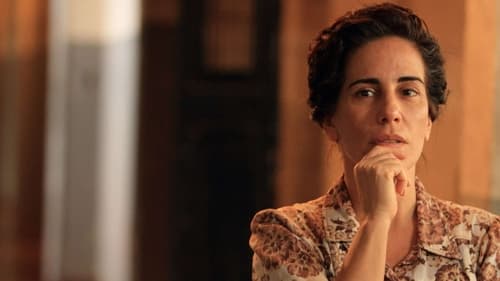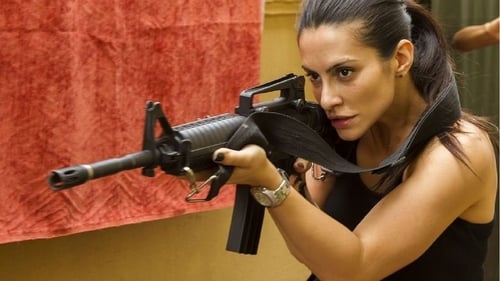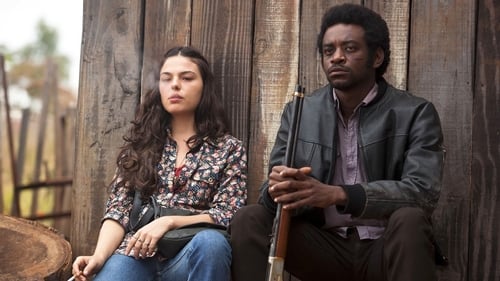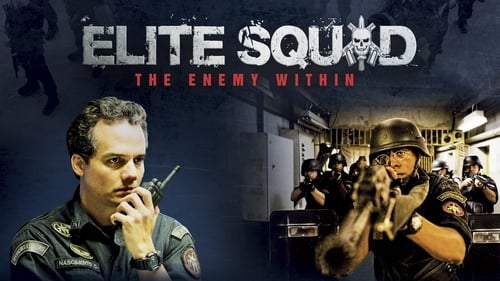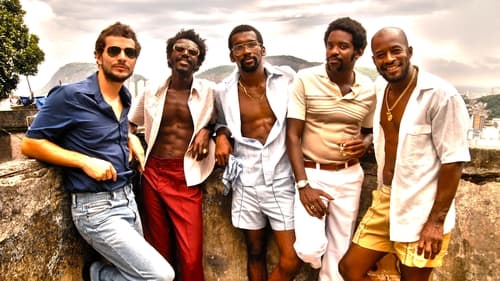Fabrício Boliveira
Birth : 1982-04-26, Salvador, Bahia, Brazil
History
Fabrício Boliveira, nome artístico de Genisson Fabrício Boliveira Pereira (Salvador, 26 de abril de 1982), é um ator brasileiro. De uma família classe média, Fabrício cresceu no bairro da Vila Laura, em Salvador, ao lado da mãe, pai e dois irmãos
Desde criança, Fabrício Boliveira frequentava teatros e sua mãe tinha feito teatro também.
Fabricio é amigo de infancia de um professor de literatura conhecido no ciclo baiano chamado Rafael Mendes, este que por sua vez escrevia peças interpretadas pelo amigo actor.
Quando adolescente, Fabrício Boliveira fez um curso de teatro no Solar Boa Vista, por 2 anos, em Salvador. Ainda estudando, participou de um festival de cinema, onde atuou e ajudou a roteirizar e dirigir.
O primeiro trabalho artístico profissional de Fabrício Boliveira foi na peça baiana "Capitães da Areia", produção da Cia. Baiana de Patifaria, dirigida por Lelo Filho e Fernanda Paquelet em 2002, quando ainda era estudante da Ufba. Na adaptação teatral do romance de Jorge Amado, o ator deu vida a João Grande, o segundo na hierarquia da gangue de rua liderada por Pedro Bala.
Vista por cerca de 40 mil pessoas, em duas temporadas em Salvador e viagens pelo interior e por outros estados, o espetáculo ofereceu o terreno fértil para o começo de Fabrício Boliveira.
Além de "Capitães da Areia", Fabrício Boliveira esteve no elenco das peças "A Invasão" (2004); "A Farsa da Boa Preguiça" (2004).; "Cinderela Black Power" e "Antonio, Meu Santo".
No cinema, além de alguns curtas, Fabrício participou do longa "A Máquina", de João Falcão.
A estréia de Fabrício Boliveira na televisão foi em 2006, com o escravo Bastião, de Sinhá Moça (2006), que chamou atenção pelo tom de dissimulação do personagem e pela desenvoltura do novato no vídeo. Pelo papel, ganhou o Prêmio Contigo de ator revelação em 2007. O ator, que tinha terminado há pouco tempo o curso de interpretação na Escola de Teatro da Ufba, havia se cadastrado no banco de atores da emissora. Depois, participou de um episódio da série "Cidade dos Homens" e fez o Saci no "Sítio do Picapau Amarelo".
Antes, em 2004, havia atuado em "O Bêbado em Cama Alheia", do Pólo de Teledramaturgia da Bahia.
A paixão do ator pela televisão veio da publicidade. Bem antes de se tornar ator profissional, Fabrício Boliveira pôde ser visto na Bahia fazendo várias campanhas publicitárias, seja para produtos, eventos, políticos e governos.
Entre 2003 e 2005 foi apresentador do programa "Tô Chegando".
Em 2008, o ator participa da novela "A Favorita", da Rede Globo.
No final de 2009, atuou na peça "Quebramar", de Tarcísio Lara Puiati, com Letícia Cannavale e Brisa Caleri, com direção de Renato Farias.
Fabrício Boliveira está no elenco do filme "400 Contra 1" que estreou em Agosto de 2010.
Recentemente, Fabrício também foi confirmado como o ator que dara vida a João de Santo Cristo, no filme Faroeste Caboclo, baseado na música de Renato Russo.
